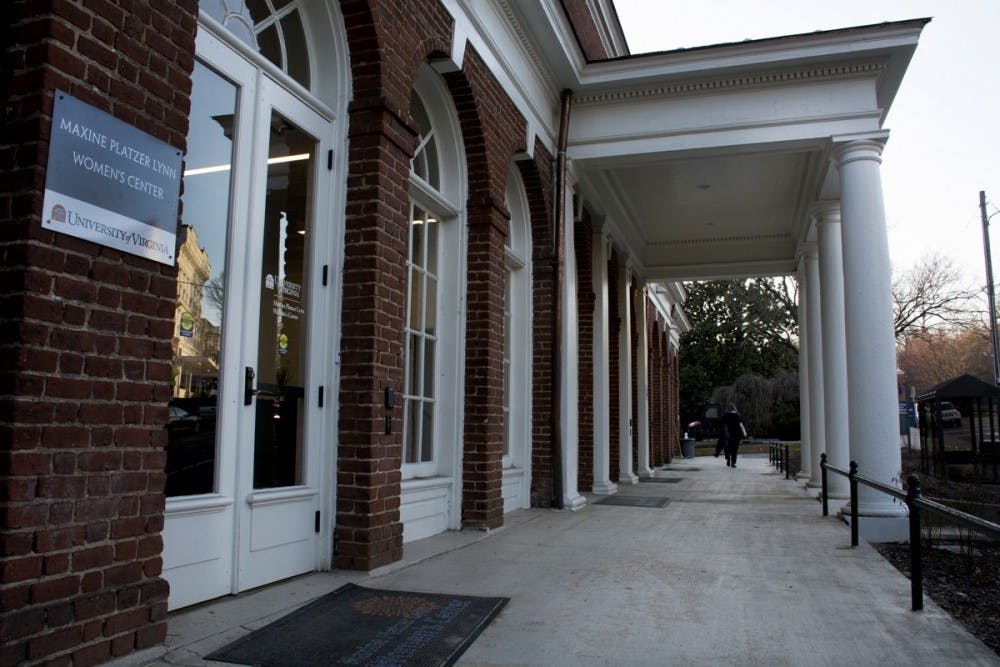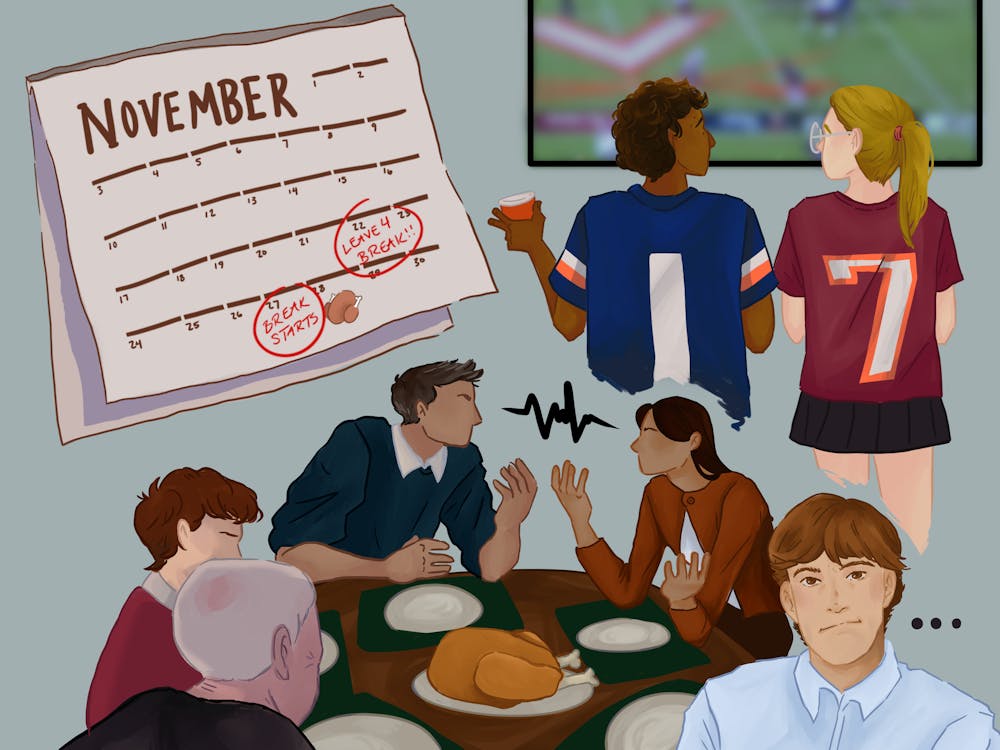The 2019 Association of American Universities Campus Climate Survey recently published findings on attitudes and experiences toward sexual assault and misconduct of more than 181,000 students from 33 colleges who contributed to the nationwide survey, of which the University was one participating institution. The survey found more students believed that the University would conduct a fair investigation and take reports of misconduct and assault seriously in 2019 than in 2015.
In 2019, 71.8 percent of students believed that a sexual assault or misconduct report would be taken seriously by campus officials. In 2015, only 58.8 percent of students believed such a report would be taken seriously.
According to the AAU’s website, over 181,000 students from 33 colleges completed the survey. The University’s 23,032 enrolled students — both graduate and undergraduate — were sent the survey. Of the 23,032, 12,304 students fully completed the survey. The survey was conducted last spring, and the University incentivized participation by offering a $10 gift card to 5,000 of the participants.
The Director of the Women’s Center Abby Palko thought that the viral MeToo movement might have had an effect on students’ awareness about sexual assault and misconduct.
“Nationally speaking from 2015 to 2019, we've seen the MeToo movement,” Palko said. “We see people starting to take reports of sexual assault and sexual harassment more seriously now than they did in 2015.”
Palko also credited the University investment initiatives for for helping students handle sexual assault and harrasment. Palko noted the Women’s Center receiving funding last year to hire two more counselors and the reorganization of the Title IX Office in 2015 into the Office for Equal Opportunity and Civil Rights.
“It's a coordinated effort among the [Office of the Dean of Students]/Student Affairs, ECOR, and the Women’s Center, an academic support unit, to create a network of support for students,” Palko said.
Palko noted two distinct positives she saw in the report — peers supporting friends who were victims of sexual assault, and men seemingly becoming more comfortable reporting instances of sexual assault than in the past. Palko believes this increased comfort is to blame for the increase in instances of men coming forward with experiences in the survey.
“If something bad is going to happen, I want us to be creating the environment where the person who has experienced that can get the support they desire afterwards,” Palko said.
Palko said that she wasn’t concerned following a slight regression from 2017 to 2019 in the number of students who said they were aware of the services provided by police departments such as the University Police Department and the Charlottesville Police Department, as well as the U.Va Student Health Counseling and Psychological Services, or CAPS.
In 2015, 88 percent of undergraduate men and 93 percent of undergraduate women said they were aware of the services provided by CAPS. In 2019, these numbers have fallen to 78 percent and 87 percent, respectively.
In 2017, 81 percent of undergraduate men and 74 percent of undergraduate women said they were aware of the services provided by the University Police Department. In 2019, these numbers slightly fell to 76 percent and 68 percent.
“In 2019, I'm honestly not concerned with people knowing off the top of their heads exactly who provides what bit of resource,” Palko said, noting that students are easily able to use Google to find information on all these services.
Palko praised results in the survey that showed friends play an important role in assisting those who’ve experienced sexual assault.
“What I'm concerned about is that students, if they experience something, are comfortable — either looking for themselves, or telling a friend and then the friend looks for them — what resources are at the University,” Palko said.
In 2019, the survey found that 13.4 percent of undergraduate women and 4.2 percent of undergraduate men experienced rape or attempted rape involving physical force or a threat of physical force, compared to 13.4 percent of undergraduate women and 3.2 percent of undergraduate men in 2015.
The survey also found 10.7 percent of undergraduate women and 3.3 percent of undergraduate men had experienced unwanted sexual touching in 2019, compared to 10.5 percent of undergraduate women and 2.3 percent of men in 2015.
In 2018, reports of sexual assault and date rape increased compared to the previous year from 16 to 28, according to the University’s annual safety report.
Earlier this month, University spokesperson Wes Hester told The Cavalier Daily that the rise in reported sexual assault and domestic violence found in the University’s report can be attributed “in part to outreach and education efforts by many University offices.”
Fourth-year College students Veronica Sirotic and Amelia Wilt, who serve as co-chairs of Take Back the Night at the University — an international event with the ultimate goal of ending sexual assault worldwide — told The Cavalier Daily earlier this month that pinpointing why more people are coming forward with allegations of sexual violence is impossible.
“We are living in a time period where there has been more publicity and outrage given to survivors of sexual violence which may contribute towards more people reporting their experiences,” Sirotic and Wilt said.





